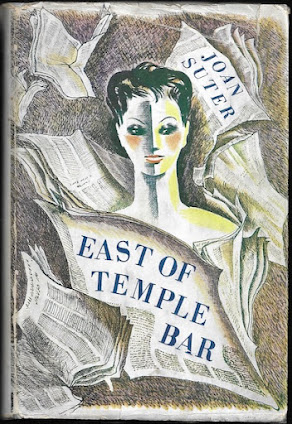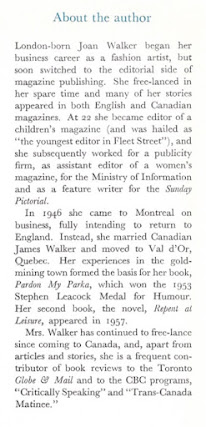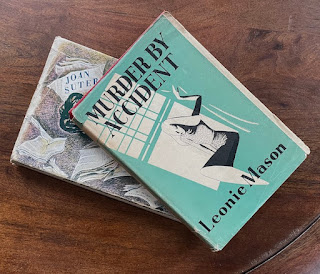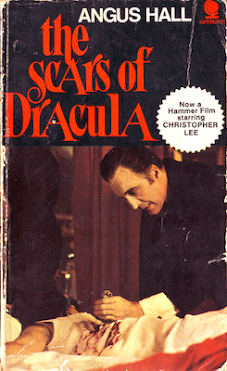Late last night, as Christmas festivities drew to a close, I pulled Victor Lauriston's The Twenty-first Burr (Toronto: McClelland & Stewart, 1922) from the shelves. It seemed appropriate way to end the holiday. One hundred years earlier, my copy was presented by the author to a woman named Olive Shanks.
This was a year unlike any other in Dusty Bookcase history. For the first time, women wrote a majority of the titles; twelve of the twenty-two reviewed here and in the pages of Canadian Notes and Queries.
Sara Jeannette Duncan's A Daughter of To-day and Joanna E. Wood's The Untempered Wind stand well above the other twenty. Both are available in Tecumseh's Early Canadian Women Writers Series, which goes some way in explaining how it is that only male authors feature in my annual selection of the three books most deserving of a return to print:
Toronto: S.B. Gundy, 1915
It's the stuff of a Leacock story.
As series editor of Véhicule Press's Ricochet imprint, I was involved in reviving Arthur Mayse's 1949 debut novel Perilous Passage. 'Telling the Story,' the introduction provided by the author's daughter, Susan Mayse, is one of my favourite in the series. Reprinted in Canadian Notes & Queries, it can be read through this link.
Recognition this year goes to England's Handheld Press for its reissue of Marjorie Grant's 1921 novel Latchkey Ladies.
Finally, sadly, I report that the New Year's resolutions made last December didn't go far:
- I resolved to focus more on francophone writers, yet read just one: Philippe-Joseph Aubert de Gaspé (and then only in translation).
- I resolved to feature more non-fiction, and yet this writer of non-fiction reviewed nothing but fiction.
- I resolved to keep kicking against the pricks. This was easily done. Witnessing the miscreants of the Freedom Convoy roll past on its way to Ottawa gave extra incentive.
Here's to the New Year!
Bonne année!
The Very Best Reads of the Second Plague Year (2021)
The Very Best Reads of a Plague Year (2020)
The Very Best Reads of a Very Strange Year (2019)
Best Books of 2018 (none of which are from 2018)
The Year's Best Books in Review - A.D. 2017
The Year's Best Books in Review - A.D. 2016
The Year's Best Books in Review - A.D. 2015
The Christmas Offering of Books - 1914 and 2014
A Last Minute Gift Slogan, "Give Books" (2013)
Grumbles About Gumble & Praise for Stark House (2012)
The Highest Compliments of the Season (2011)
A 75-Year-Old Virgin and Others I Acquired (2010)
Books are Best (2009)






















